#kenzaburo oe
Photo

Kenzaburo Oe (then aged 23) holding a dummy gun, 1958.
Photo by Tadahiko Hayashi
213 notes
·
View notes
Text
We can remember several occasions, in the past, when the chances of living or dying were balanced. (...) Every time you find yourself at a crossroads between life and death, two universes open up before you: one loses all relationship with you because you die, the other maintains it because you survive in it.
— Kenzaburō Ōe, A Personal Matter
33 notes
·
View notes
Text

"Desde niño tengo interés en cómo nuestro limitado cuerpo encaja el sufrimiento. De pequeño, yo iba a pescar. Y me fijaba en el pez con el anzuelo clavado, que se movía mucho. Sufre horrores, pero en silencio: no grita. El niño que yo era pensaba: ¡cuánto dolor inexpresado! Ese fue el primer estímulo que me llevó a ser escritor, porque pensé que los niños tampoco podíamos hacernos entender bien. Me hice escritor para reflejar el dolor de un pez. Y hoy me siento, sobre todo, un profesional de la expresión del dolor humano, al que persigo mostrar con la mayor precisión posible”.
Kenzaburō Ōe
(31 de enero de 1935, Osehigashi, Uchiko, Prefectura de Ehime, Japón - 3 de marzo de 2023)
109 notes
·
View notes
Photo

The adults sat around their radios and cried. The children gathered outside in the dusty road and whispered their bewilderment. We were most surprised and disappointed that the emperor had spoken in a human voice.
- Kenzaburō Ōe, A Portrait of the Postwar Generation
On On 15 Aug. 1945, Hirohito announced the unconditional surrender to the United States. The future Nobel literature prize winner, Kenzaburō Ōe, was only ten years old when he heard the emperor of Japan on the radio.
Throughout Japanese history, the emperor had been viewed as a demi-god, remote from the populace. That tradition was shattered on this day (Tokyo time) in 1945 when Emperor Hirohito made a 673-word radio broadcast accepting the terms of the July 26th Potsdam Declaration. His announcement marked the first time commoners in Japan, with a few exceptions, had heard the emperor’s voice.
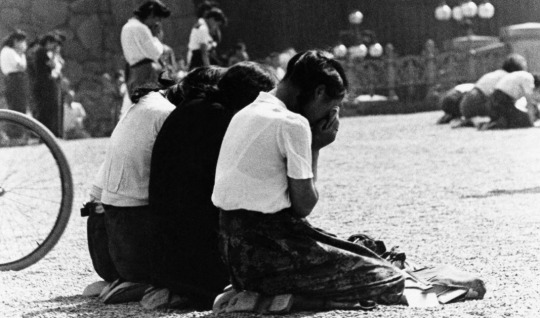
The declaration warned Japan that unless it accepted its terms of “unconditional surrender,” the nation would face “prompt and utter destruction.” The document was signed by President Harry S. Truman, British Prime Minister Churchill and Chiang Kai-shek, the Chinese Nationalist leader. It made no mention of Hirohito.
The Tokyo leadership, divided over how to proceed, dithered. One faction hoped the Soviet Union would broker a deal. (Instead, the Soviets declared war on Aug. 9, grabbing a share of the spoils.)
Truman responded by authorizing the dropping of an atomic bomb on Hiroshima on Aug. 6 and a second bomb on Nagasaki three days later. They devastated the two cities, killing an estimated 246,000 people in matters of seconds.
Hirohito (1901-89) began his broadcast by saying: “To our good and loyal subjects: After pondering deeply the general trends of the world and the actual conditions obtaining in our empire today, we have decided to effect a settlement of the present situation by resorting to an extraordinary measure. We have ordered our government to communicate to the governments of the United States, Great Britain, China and the Soviet Union that our empire accepts the provisions of their joint declaration.”
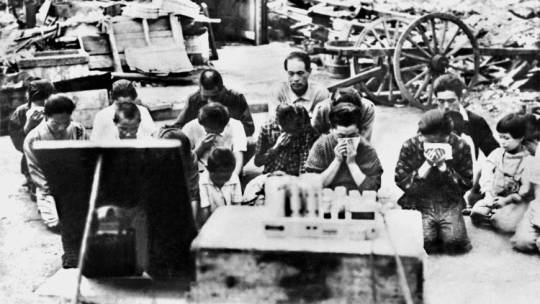
The emperor went on the say, falsely, that “we declared war on America and Britain out of our sincere desire to insure Japan’s self-preservation and the stabilisation of East Asia, it being far from our thought either to infringe upon the sovereignty of other nations or to embark upon territorial aggrandisement.
“But now the war has lasted for nearly four years. Despite the best that has been done by everyone - the gallant fighting of our military and naval forces, the diligence and assiduity of our servants of the state and the devoted service of our 100 million people - the war situation has developed not necessarily to Japan’s advantage, while the general trends of the world have all turned against her interest.
“Moreover, the enemy has begun to employ a new and most cruel bomb, the power of which to do damage is, indeed, incalculable, taking the toll of many innocent lives. Should we continue to fight, it would not only result in an ultimate collapse and obliteration of the Japanese nation, but also it would lead to the total extinction of human civilisation.”
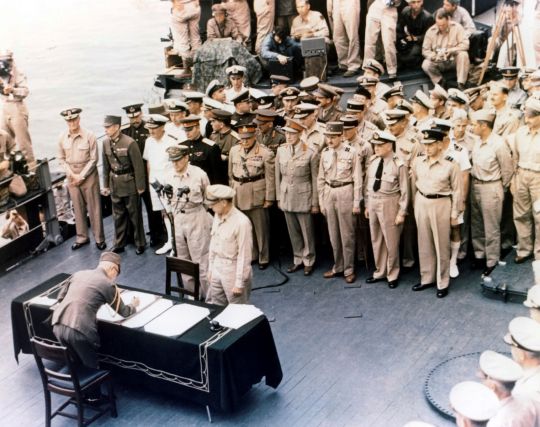
Hirohito’s broadcast culminated in the signing of surrender documents on the foredeck of the battleship USS Missouri in Tokyo Bay on Sept. 2, 1945.
#kenzaburo oe#quote#literature#author#war#japan#japese#emperor hirohito#hirohito#second world war#japanese surrender#japanese society#history
101 notes
·
View notes
Text
"Cuando quiero mirar nuestro mundo con los dos ojos, lo que percibo son dos mundos superpuestos: uno luminoso y claro, sorprendetemente nítido; el otro impreciso y sutilmente sombrío".
Kenzaburo Oé. Japón, (1935-2023)
Fotografía: MAVi.
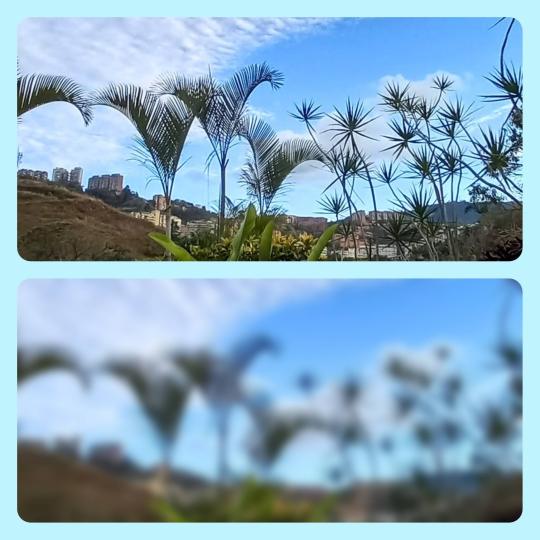
Frase: Kenzaburo Oé. Escritor japonés,
(1935 - 2023). Premio Nobel de literatura, (1994)
Fotografía: MAVi.
Sueños y fantasmas . El arte de soñar.
64 notes
·
View notes
Text
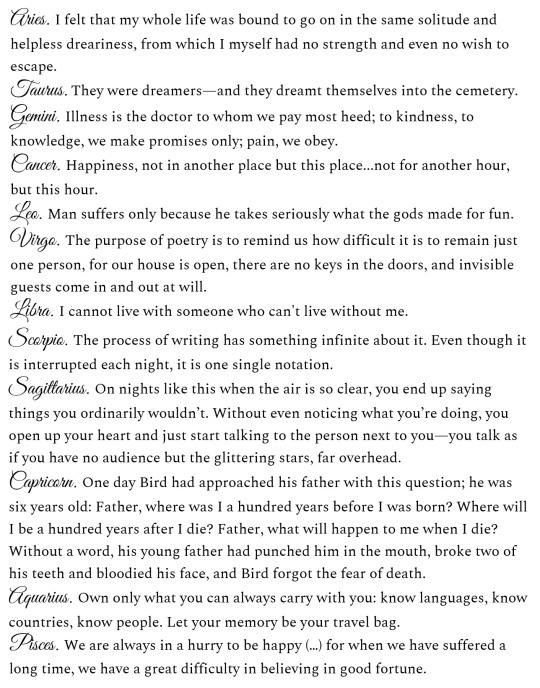
Leo Tolstoy. Mary Elizabeth Braddon. Marcel Proust. Walt Whitman. Alan Wilson Watts. Czeslaw Milosz. Nadine Gordimer. Elias Canetti. Banana Yoshimoto. Kenzaburō Ōe. Aleksandr Solzhenitsyn. Alexandre Dumas.
#literature#quotes#poetry#writeblr#star signs#zodiac signs#writing prompt#leo tolstoy#mary elizabeth braddon#marcel proust#walt whitman#alan wilson watts#czeslaw milosz#nadine gordimer#elias canetti#banana yoshimoto#kenzaburo oe#aleksandr solzhenitsyn#alexandre dumas
10 notes
·
View notes
Text

Kenzaburo Oe, January 31, 1935 – March 3, 2023.
12 notes
·
View notes
Text

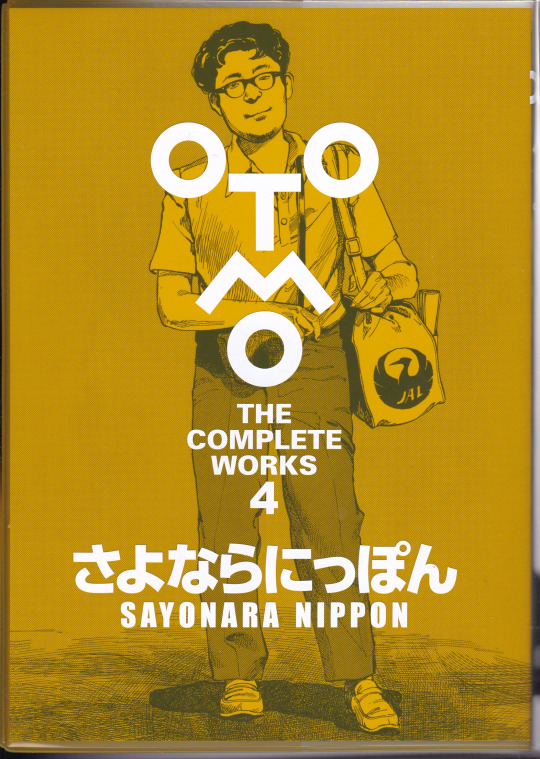

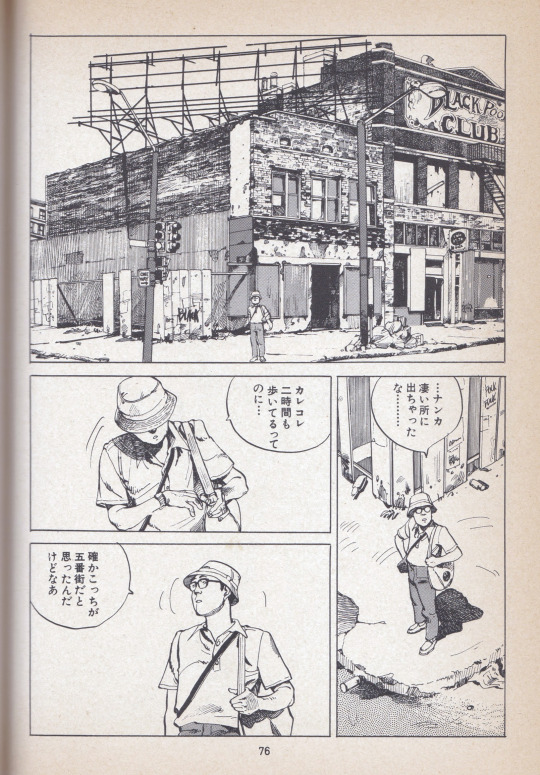
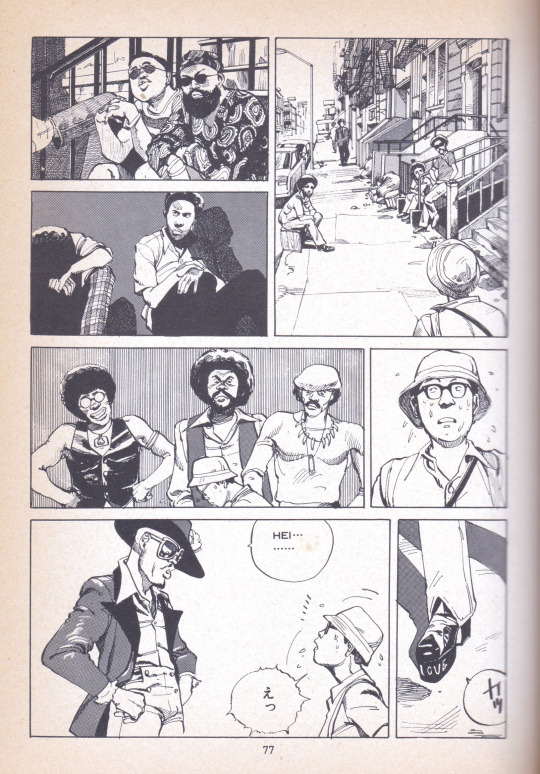


さよならにっぽんIII sayonara nippon #3 1977
by katsuhiro OTOMO 大友克洋
model:大江健三郎 kenzaburo OE : Novelist
photo:昭和文学作家史 毎日新聞社刊 1977
#大友克洋 #さよならにっぽん #sayonara nippon #manga #japan #art #katsuhiro otomo #akira 1988 #AKIRA #illustration #大江健三郎 #kenzaburo OE
#大友克洋#さよならにっぽん#sayonara nippon#manga#japan#art#katsuhiro otomo#akira 1988#AKIRA#illustration#大江健三郎#kenzaburo OE
333 notes
·
View notes
Text
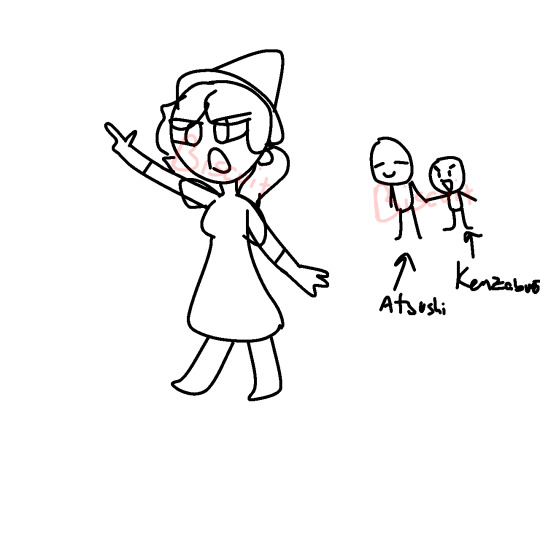
girl with a plan!
#bungou stray dogs#natsuo kirino#bsd oc#art#halloween#kenzaburo oe#atsushi nakajima#this is a lazy drawing causw i’m exhausted btw#sorry and happy halloween everyone i love you all
12 notes
·
View notes
Text
The Silent Cry by Kenzaburo Oe - Thoughts
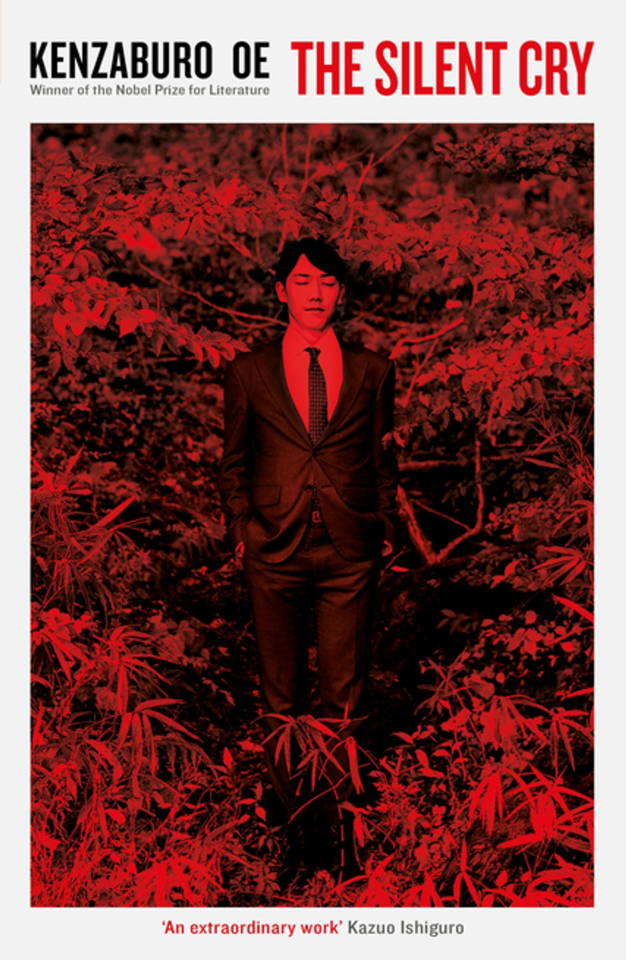
"I should have stretched out a helping hand, but a similar landslide was threatening to sweep me off my feet too."
Overall Rating: 8/10
While 'winner of the Nobel prize in literature' might be the initial reason of me buying the book in the first place, the label was not what made me stick to it. I have found yet another writer whose writing style connects so much with me, and also constantly reminds me that I should enrich my vocabulary. While my tour into Japanese writers have only showed me Murakami and Kazuo Ishiguro, they weren't particularly what you'd expect from Japanese literature. They write with heavy western influences and Kazuo Ishiguro is a Japan born British novelist. But it's with Kenzaburo Oe and Osamu Dazai that I had a proper interaction of Japanese literature. The book shows a heavily depressing yet hopeful post war Japanese society, where people are conflicted whether to live in the past sticking to tradition or hope for change and work for it. Japanese culture and traditions, along with heavy triggers- the book managed to captivate me with it's environment building.
The story was set apart by the two main focuses of the story: our humble narrator, Mitsu and his younger brother, Takashi. The duality of Mitsu and Takashi's character made for a journey where I just didn't know who to root for. I didn't root for anybody at one point. I rooted for peace, and somehow I couldn't see any of them getting it. Even though the book ends on a hopeful note, I found myself conflicted on whether this is how it really should have ended. On one side you had Mitsu, our narrator, who happened to have lost his way of life and found himself in an edge after the birth of his disabled child and the suicide of a close friend. And on the other hand, we had Takashi, a hopeful youth just back from America, prone to self destruction, yet very eager to connect to his roots by taking his brother (Mitsu) and his brother's wife to their ancestral home.
Takashi would be all for ancestral connection while Mitsu would often be seen in a state of constant disconnection from reality and his roots altogether. Mitsu's wife, drowning in alcoholism after they had to admit their disabled child to an institution, finds herself in a new spirit after having met Takashi. Takashi's extroverted leadership, enthusiasm to connect with his roots, sudden explosive violence had won him the love and support of people. Yet you still don't find yourself rooting for him- cause there is always something off about everybody here.
The book fleshed out its characters to the point where you can really understand them, and then blows it all apart. You feel you are close to understanding them, and then ask yourself that were you really actually close. This state of perpetual hopelessness, the abject routine of the village people just made you feel sorry for the way that they lived. But it seemed somehow there has always been a glimmer of hope, and it comes to those who choose to search for meaning in their lives. It's for all of the people who don't want to live in a magnificent building by someone else but would rather live in a thatched hut that they built by themselves.
Takashi's eagerness towards self punishment and living his "truth" seemed really vague to me, something I couldn't really grasp. But I think it gets better with a reread. The book took long passages to explain the ancestral history of the village which can drag sometimes, but makes you wanna respect it. Ancestral connection played a huge part in the book, and it wouldn't be fair to shy away from it.
As you can see the book isn't anything resembling the happy go lucky type. It has heavy themes of self punishment and suicide along with other major triggers. The book will make you feel a set variety of emotions. Which is great, because of the fact that something can make you feel such heavy emotions all at once.
Overall, great read. Felt like I read a huge part of Japanese culture just through this book, especially about the post war Japan. I'd recommend it. I've ordered Natsume Soseki's Kokoro to have another road trip down the traditional Japanese literature route. Till then, I'll read a lil bit more bout Kenzaburo Oe.
#books#book#book review#bookish#review#kenzaburo oe#the silent cry#japanese literature#japan#post war japan#post modern literature
10 notes
·
View notes
Photo

R.I.P. Kenzaburo Oe / 大江健三郎 (1935-2023)
26 notes
·
View notes
Photo

RIP, Kenzaburo Oe (1935-2023)
Photo by Kazumi Kurigami, 1990.
166 notes
·
View notes
Text
He felt the desire deep within him: a violent pain and a sharp apprehension. The desire that resembles the pain and anguish that a man experiences during a heart attack.
— Kenzaburō Ōe, A Personal Matter
7 notes
·
View notes
Text
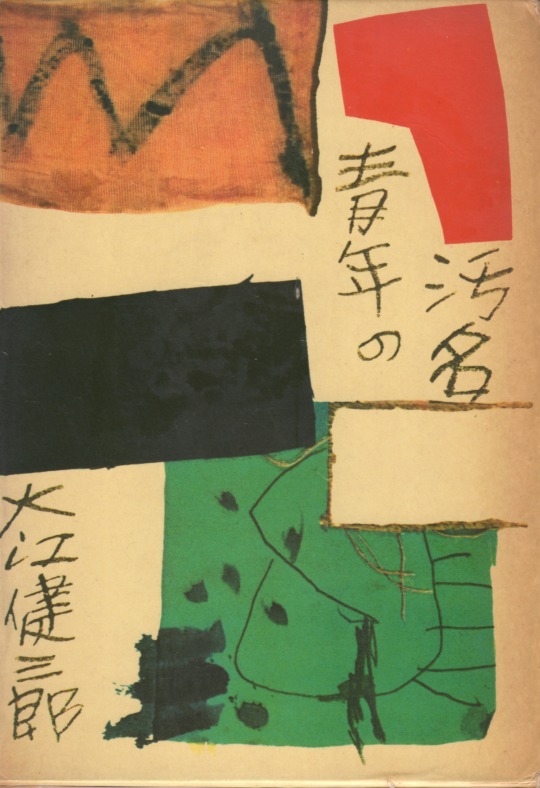
青年の汚名 大江健三郎
文藝春秋
装幀=佐野繫次郎
13 notes
·
View notes
Photo

Kurt Vonnegut once said he was an agnostic who respects Jesus Christ. I am an anarchist who loves democracy.
- Kenzaburō Ōe
Kenzaburo Oe, a Nobel laureate whose intense novels and defiant politics challenged a modern Japanese culture that he found morally vacant and dangerously tilted toward the same mind-set that led to catastrophe in World War II, died on March 3. He was 88. Mr. Oe was awarded the Nobel Prize in Literature in 1994 for creating what the Nobel committee called “an imagined world where life and myth condense to form a disconcerting picture of the human predicament today.”
Though he often said he wrote with only a Japanese audience in mind, Mr. Oe attracted an international readership in the 1960s with three works in particular: ‘Hiroshima Notes,’ a collection of essays on the long-term consequences of the atomic bomb attacks; and the novels ‘A Personal Matter’ and ‘The Silent Cry,’ which had their genesis in a crisis for him and his wife, the birth of a son with a deformed cranium.
Kenzaburō Ōe RIP (1935-2023)
47 notes
·
View notes
Text
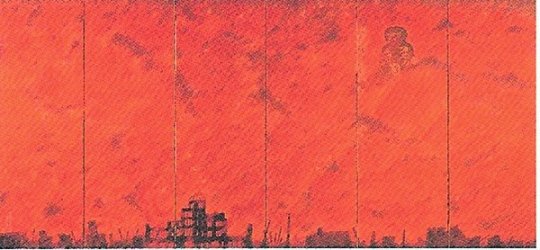

"God suddenly averted His eyes at 8:15" - Genshi Fujikawa
(images: a picture of Hiroshima's metamorphosis 広島変成図 / a-bomb dome, Ikuo Hirayama)
+
Hiroshima is like a nakedly exposed wound inflicted on all mankind.
-Kenzaburo Oe
10 notes
·
View notes